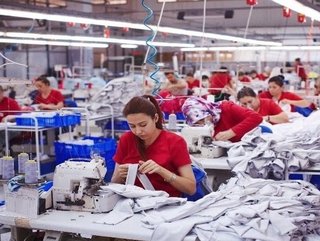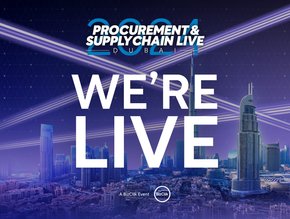US, UK & Italy on supply chain ESG high-risk list - report

Half of all countries are now considered to be high risk when it comes to ESG issues around sourcing – including the USA and the UK – a new report says.
The Supply Chain Environmental, Social and Governance Risk Ratings report is published by sustainability specialist, Elevate, and is based on 20,000 annual global supplier audits drawn from the company’s data analytics solution.
The report finds Western sourcing markets have shifted away from lower-risk classifications, with forced labour identified as a key contributor to increased risk.
It says countries such as the UK and USA are seeing higher risk for critical violations, in part due to a rise in the exploitation of foreign migrant workers.
The US has a high-risk classification for forced labour, particularly for states such as Texas, Florida and New York, which now have a higher exposure to forced-labour risk than Pakistan, India, Thailand and Indonesia, the report says.
For supply chain ESG violations including forced labour, child labour, freedom of association, and wage-related violations, the UK, Germany, Portugal and Italy are also now ‘high risk’.
Forced labour risks in the UK rose following the country’s welcoming of refugees from Ukraine, “who can be more susceptible to forced labour”, the report says.
Adding to the increased risk of sourcing is a fall-off in audit transparency. The report says countries including Vietnam, Thailand, Indonesia, India, China and Italy have become less transparent since the pandemic, with auditors being unable to access accurate information and make conclusions from site visits.
Pandemic 'reduced supply chain transparency'
Elevate MD Kevin Franklin says: “The geopolitical, economic and legislative climate has made it increasingly difficult for businesses across the globe to be confident about ESG risk in their supply chains.
“Even historically lower-risk Western markets have started to slip. It is now clear that simply homeshoring or nearshoring manufacturing in countries previously thought to be safe from egregious ESG risks is not enough.
“Systematic and proactive supply chain risk assessment, monitoring and management should be applied in all sourcing locations to avoid negative business impacts and trade disruption.”
JP Stevenson Director of ESG Analytics at Elevate parent company LRQA, says: “Transparency is key for supply chain audits. Deception and sharing of falsified data not only render risk assessments ineffective but also means that serious violations can go unidentified.
“To build resilient supply chains, being able to see, manage and mitigate risk exposure is essential.
“Through responsible sourcing programs and insightful data, businesses can partner with suppliers that can meet the sourcing requirements that include critical ESG performance.”







